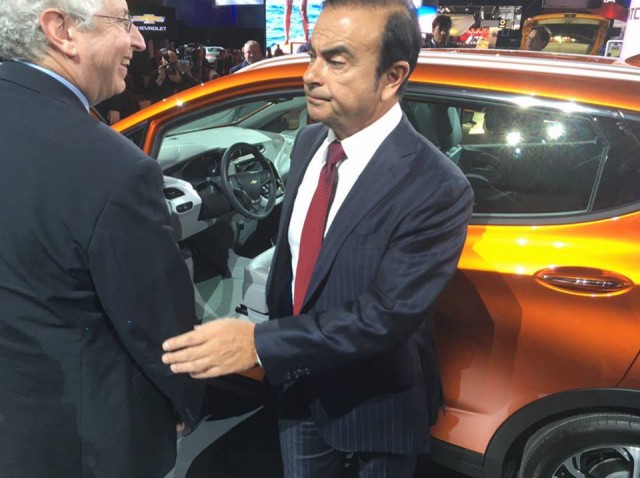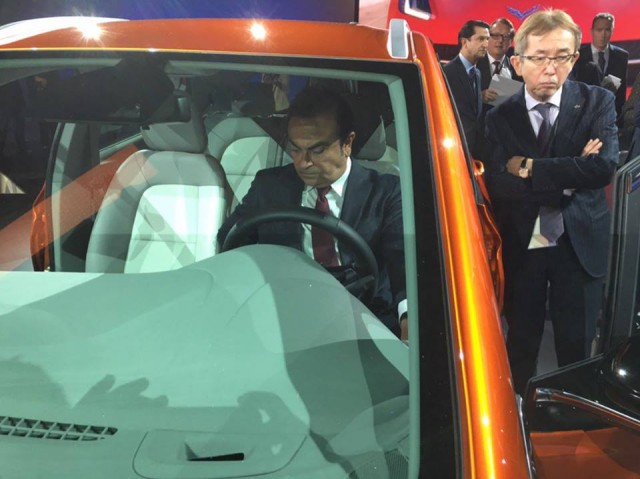I too think that Nissan should provide both a longer (~250 mi) and shorter (150 mi) range for the Leaf2.
With Nissan looking to save construction costs to compete on price, how would they do this? The way that makes the most sense would be to offer a 30 or 40kwh S, and have the bigger battery in the SL and SV, which are very similar in construction. Otherwise they'd either have to offer alternate SV and SL versions with two different packs, or put the larger pack in the SL only, which would then likely mean they'd have to offer a cloth interior as well. They might as well just offer a new model and call it the "Touring" or some such thing. Anyway, given how the rumors have turned out so far, I'll believe a 250 mile Leaf when I see one tested by a major automotive magazine.


